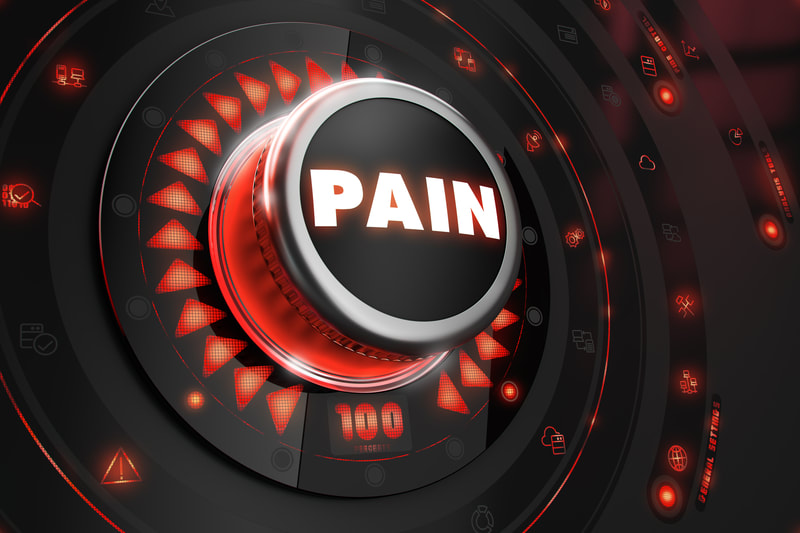
People who suffer from chronic pain usually experience migraines, muscle pain, and joint pain. These are recurring pain that make sufferers resort to routinely taking over-the-counter (OTC) pain killers. in fact, when the pain is mild, some people just ignore the pain and its cause altogether. However, some people experience frequent unbearable pain. In this case, temporary relief will not help the situation. This makes it even more difficult to adhere to pain management since with future recurrences the person will have to face this pain in a few days or weeks over a period of time.
There is no universal treatment or singular remedy for chronic pain because it may be traced to several different causes or conditions. The most common identifiable causes are injuries or trauma, infection, arthritis, cancer, and diabetes. There are even several instances when chronic pain cannot be attributed to any cause at all which makes it even more difficult and frustrating to begin a pain management program.
Over the years, pain specialists have been extensively studying causes and effects of chronic pain and have been devising more effective chronic pain management techniques. It is well-settled that various stimuli trigger the brain into sending brain signals to the body and these signals interact with chemical messengers or neurotransmitters in the nervous system. This entire process creates the sensation of pain.
It helps to a great extent to identify the cause of the pain since in most cases the treatment or removal of the cause will make the pain disappear as well. In some cases, however, even if the causing ailment is completely removed or treated, the pain continues to persist. This is because pain is primarily caused by the signals sent by the brain when it receives the corresponding stimuli. Even if the stimulus or cause is removed, it is not impossible for the brain to continue to send signals. This is true especially when chronic pain has been present for a long time and the brain has accustomed itself to send signals. Since it is the brain that is responsible for sending these nerve signals, efforts are being made to stop pain at its source. Drugs are being developed to affect the way these neurotransmitters interact with the brain signals. By changing the way they react, the sensation of pain will not be created at all or will be, at least, minimized. More recent studies also reveal that pain and emotions are closely linked. This is confirmed by magnetic resonance images showing the interrelation of pain and emotion. This is the reason why medication which affect emotions such as anti-depressants also work wonders for pain. These discoveries have paved the way to the development of new drugs for pain management which deal with the root of the sensation of pain by stopping or preventing the brain from sending out nerve signals. Disclaimer: The videos, posts, and comments contained in our *Health & Weight Loss Categories* on this website are not medical advice or a treatment plan and are intended for general education and demonstration purposes only. They should not be used to self-diagnose or self-treat any health, medical, or physical condition. Don’t use this website to avoid going to your own healthcare professional or to replace the advice they give you. Consult with your healthcare professional before doing anything contained on this website.
0 Comments
Leave a Reply. |
|